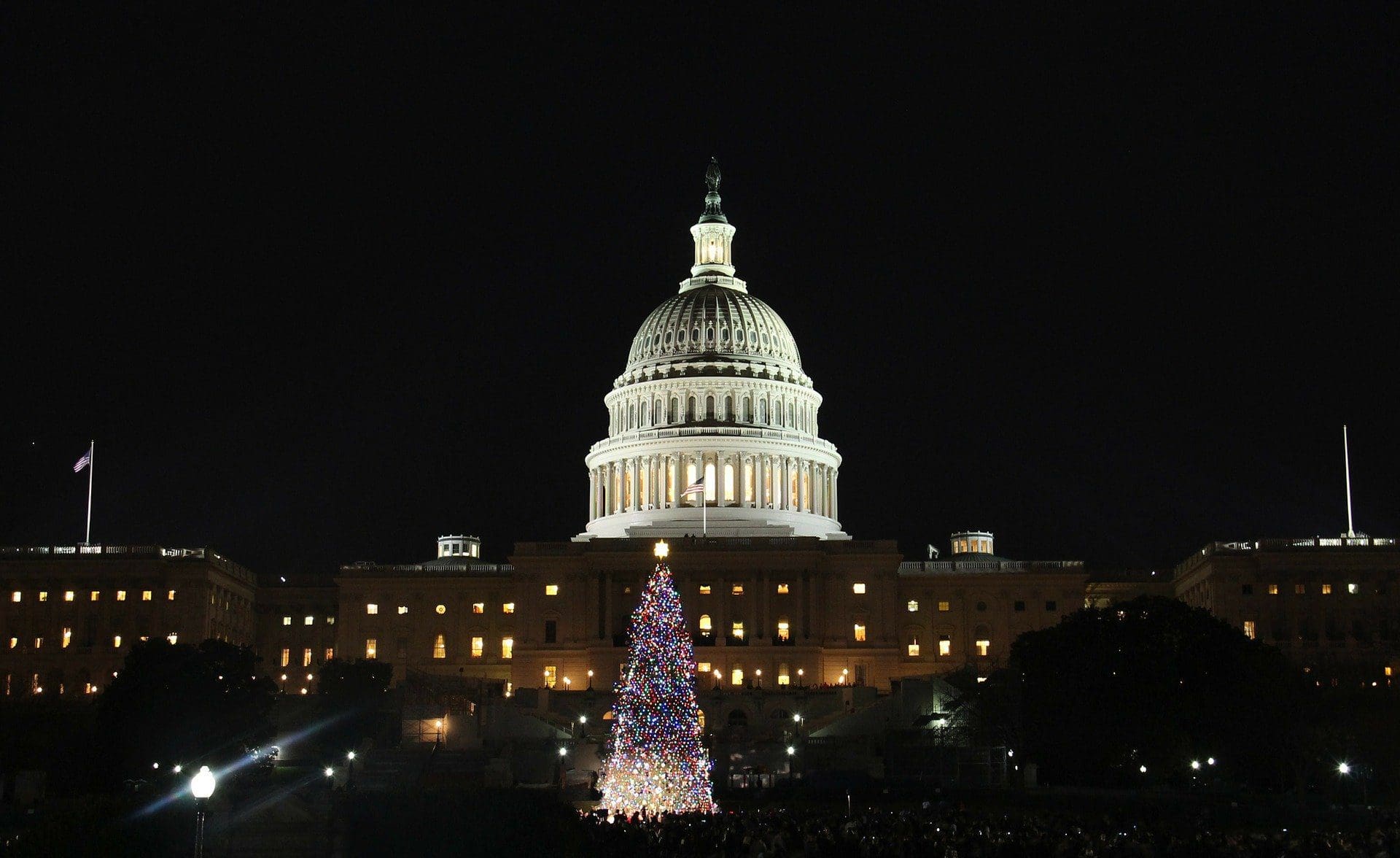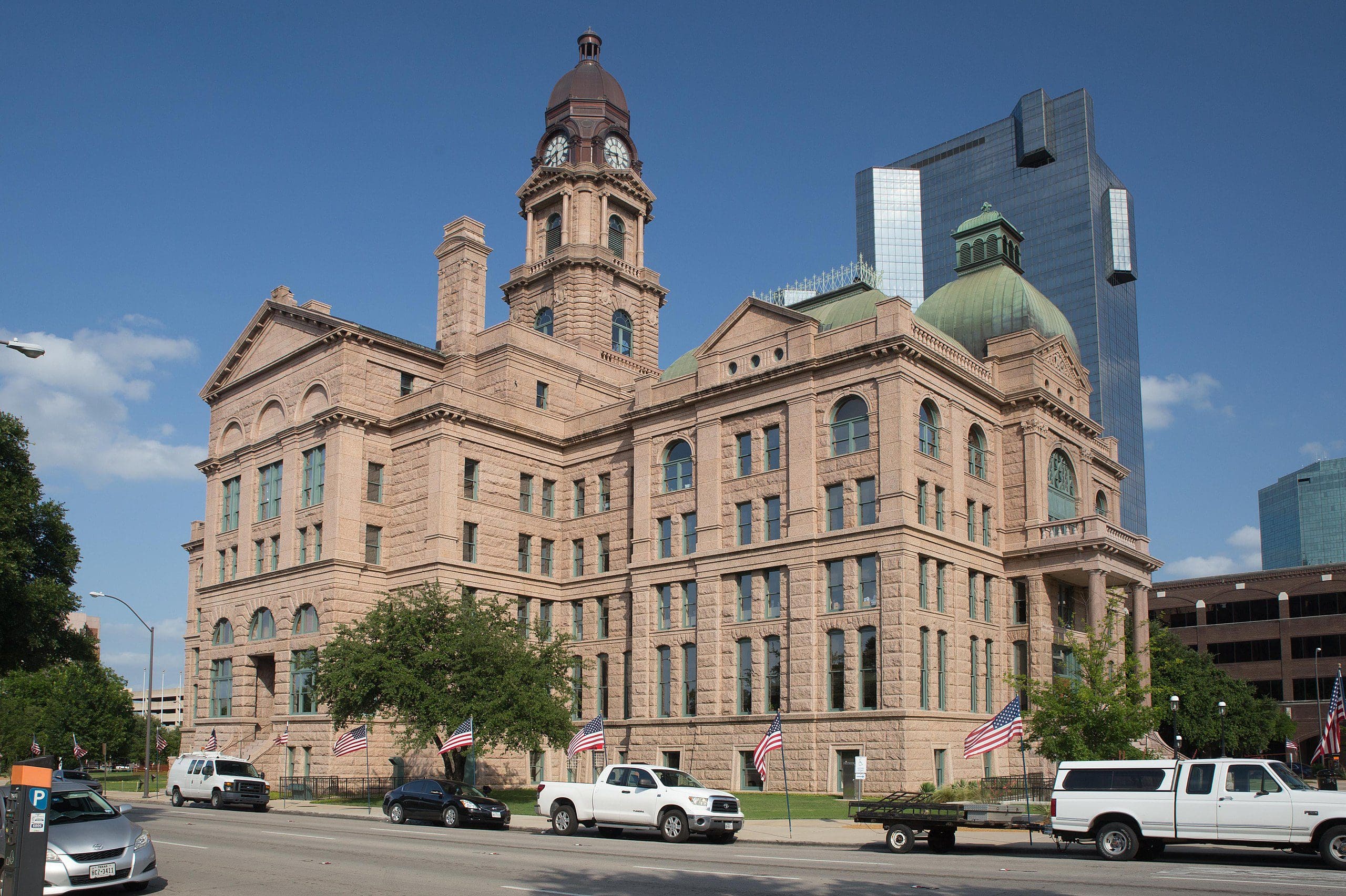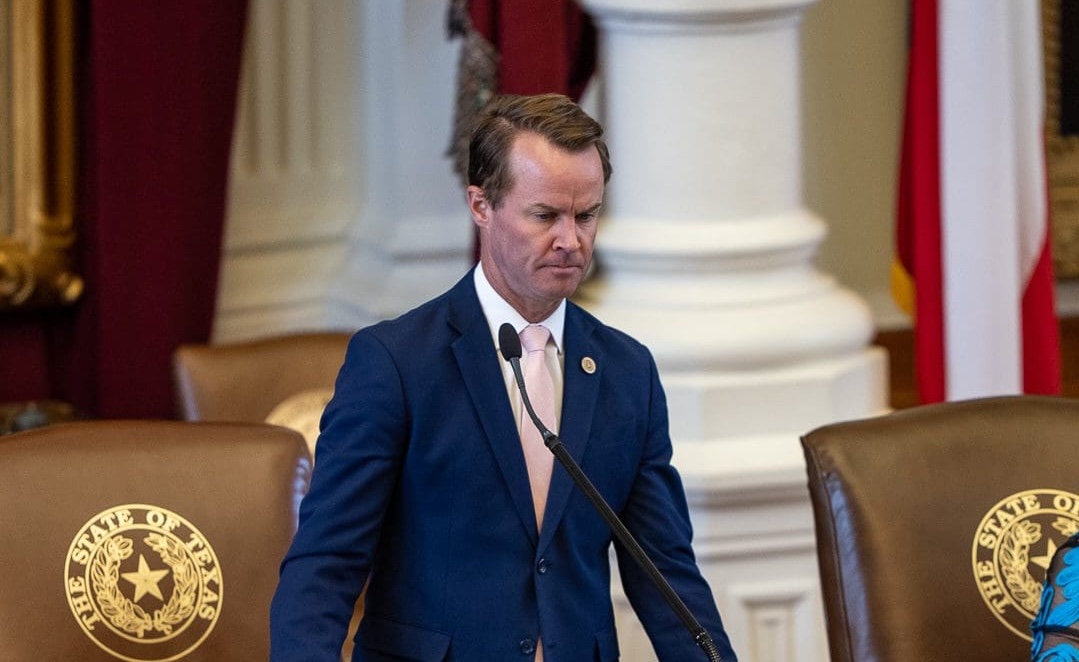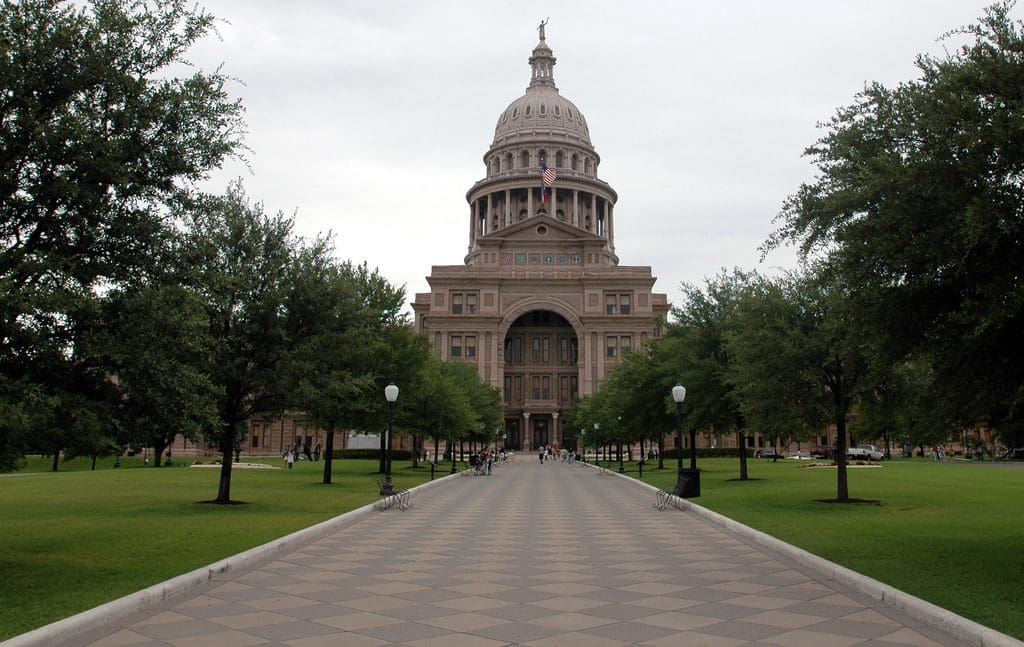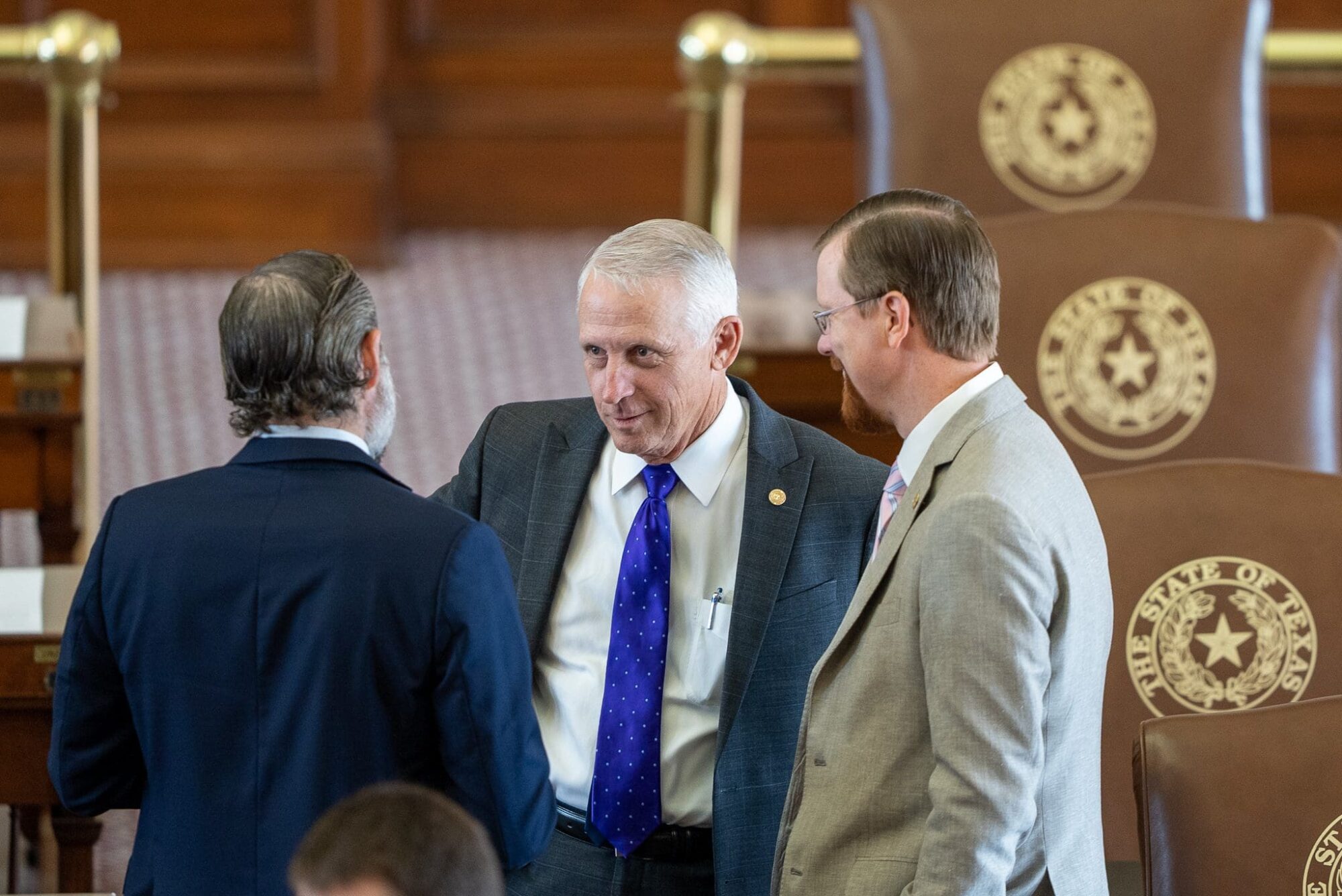Although the United States House overwhelmingly voted 314-117 to raise the debt ceiling, 14 U.S. House Republicans from Texas voted against the measure.
After weeks of negotiations between President Joe Biden and House Republicans, an agreement was reached to address the debt ceiling by rescinding about $30 billion in unspent COVID-19 relief funds and about $14 billion in IRS funding.
The agreement would also keep non-defense spending relatively stable in Fiscal Year 2024 and would increase it by 1 percent in 2025. For FY 2024, the bill matches Biden’s proposed defense budget of $886 billion and allots $704 billion for non-defense spending.
On Wednesday evening, 14 members of Texas’ delegation voted against the bill, saying the deal violated an agreement to reduce federal spending when they agreed to vote for House Speaker Kevin McCarthy.
The lawmakers include:
- U.S. Rep Chip Roy
- U.S. Rep. Michael Cloud
- U.S. Rep. Keith Self
- U.S. Rep. Wesley Hunt
- U.S. Rep. John Carter
- U.S. Rep. Ronny Jackson
- U.S. Rep. Tony Gonzales
- U.S. Rep. Nathaniel Moran
- U.S. Rep. Beth Van Duyne
- U.S. Rep. Pete Sessions
- U.S. Rep. Morgan Luttrell
- U.S. Rep. Lance Gooden
- U.S. Rep. Pat Fallon
- U.S. Rep. Randy Weber
When McCarthy made his bid to become House speaker in January, among the House Republicans who continued to vote against him were Roy, Cloud, and Self. They eventually arranged an agreement that included making substantive strides in reducing federal spending, something Roy is very passionate about.
During a Fox News interview, Roy blasted Republicans who signed onto the bill, saying, “They are signing on to a post-COVID size of government.”
“The alternative is pretty simple. You have about $28 or $29 billion in COVID funds, [and] you have $80 billion in IRS money. All of us agreed that it should go away. The No. 1 thing we campaigned on was getting rid of that,” Roy said. “Let’s keep moving forward to actually do the work the American people sent us to do, but what we shouldn’t do is pile on to post-COVID expanded government, a government that is now almost 50 percent bigger than pre-COVID.”
Cloud also issued a statement following his vote against the bill, saying the agreement made between McCarthy and Biden failed to make substantive spending reforms:
Our nation is in serious fiscal trouble, and the only way we’re going to fix it is by making real, substantive spending reforms to bring down our debt and preserve our economy for the long haul. Unfortunately, the agreement made by Speaker McCarthy and President Biden fails to achieve that goal. It plays the same fiscal shell games Washington D.C. has used for years, to spend trillions more in taxpayer money while accepting empty promises and fake commitments as if they are actual spending cuts. We can and should do better than that. That’s why I voted no on this agreement. Congress cannot continue using the American people as collateral for a $31 trillion debt. Instead of caving to the Left’s agenda, we should be working to meet the moment and reach a deal that delivers real reforms and truly puts the country back on track. The American people deserve no less.
On the House floor, Roy said that while the reform might have good elements, the bill will likely die in the Senate:
“A complete punt to SCOTUS on the Biden administration’s unfair half-trillion-dollar student loan bailout, billions in COVID dollars left untouched to fund things like vaccines and COVID-19 testing, and the loss of our biggest leverage points to force Biden to actually secure the southern border.”
The bill will now head to the Senate for approval before being sent to President Biden.
